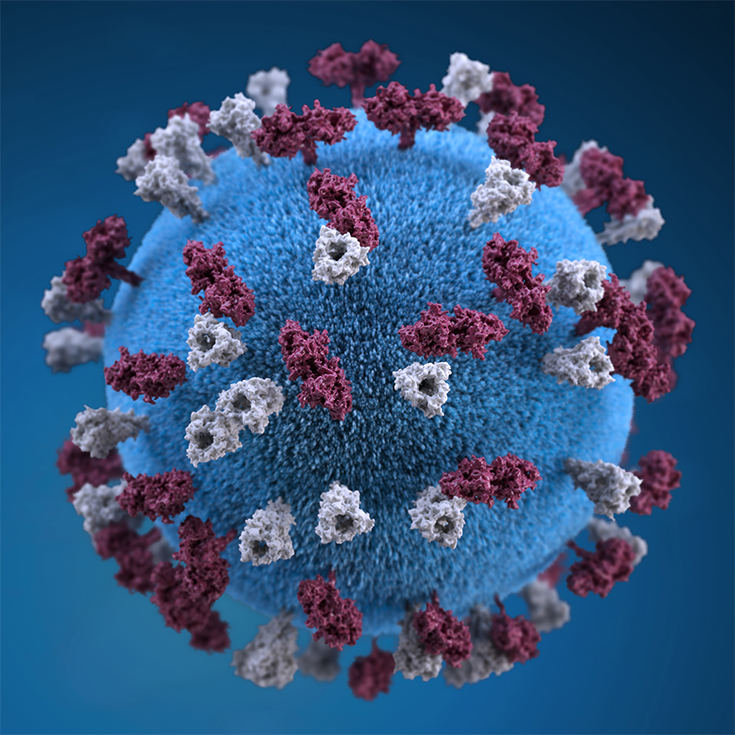Deaths from measles outbreak exceed 6000 in the DRC
With the death toll from the world’s worst measles epidemic in the Democratic Republic of the Congo (DRC) surpassing 6000, the World Health Organisation (WHO) is calling for more funding to stop the outbreak.

More than 18 million children under five years of age were vaccinated across the country in 2019. However, in some areas, routine vaccination coverage remains low and 25 per cent of the reported measles cases are in children over the age of five, who are the most vulnerable. Image: Alissa Eckert, courtesy of CDC
“We are doing our utmost to bring this epidemic under control. Yet to be truly successful we must ensure that no child faces the unnecessary risk of death from a disease that is easily preventable by a vaccine. We urge our donor partners to urgently step up their assistance,” said Dr Matshidiso Moeti, WHO Regional Director for Africa.
Since the start of 2019, around 310,000 suspected measles cases have been reported. The epidemic has been aggravated by low vaccination coverage among vulnerable communities, malnutrition, weak public health systems, outbreaks of other epidemic-prone diseases, difficult access by vulnerable populations to health care and insecurity that has hampered response in some areas.
Lack of funding remains a huge impediment to successfully curbing the outbreak. So far, US$ 27.6 million have been mobilised. However, a further US$ 40 million are required for a six-month plan to extend the vaccination to children between six and 14 years and to reinforce elements of the outbreak response beyond vaccination. This includes improving treatment, health education, community engagement, health system strengthening, epidemiological surveillance and response co-ordination.
“We recognise the Government’s engagement in the efforts to end the outbreak and we are grateful for the generosity of our donors. But we still need to do more,” said Dr Amédée Prosper Djiguimdé, Officer in charge of WHO office in the DRC. “Thousands of Congolese families need our help to lift the burden of this prolonged epidemic from their backs. We cannot achieve this without adequate finances.”
The European Civil Protection and Humanitarian Aid Operations, Gavi, the Vaccine Alliance, Médecins du Monde, Médecins Sans Frontières, United Nations Children’s Fund, WHO and other partners have been supporting the Government to bring the long-running epidemic under control. In December 2019, WHO trained 60 health professionals from the Ministry of Health to conduct a range of services, including community engagement, health education and surveillance. These health professionals are being deployed as part of the response.